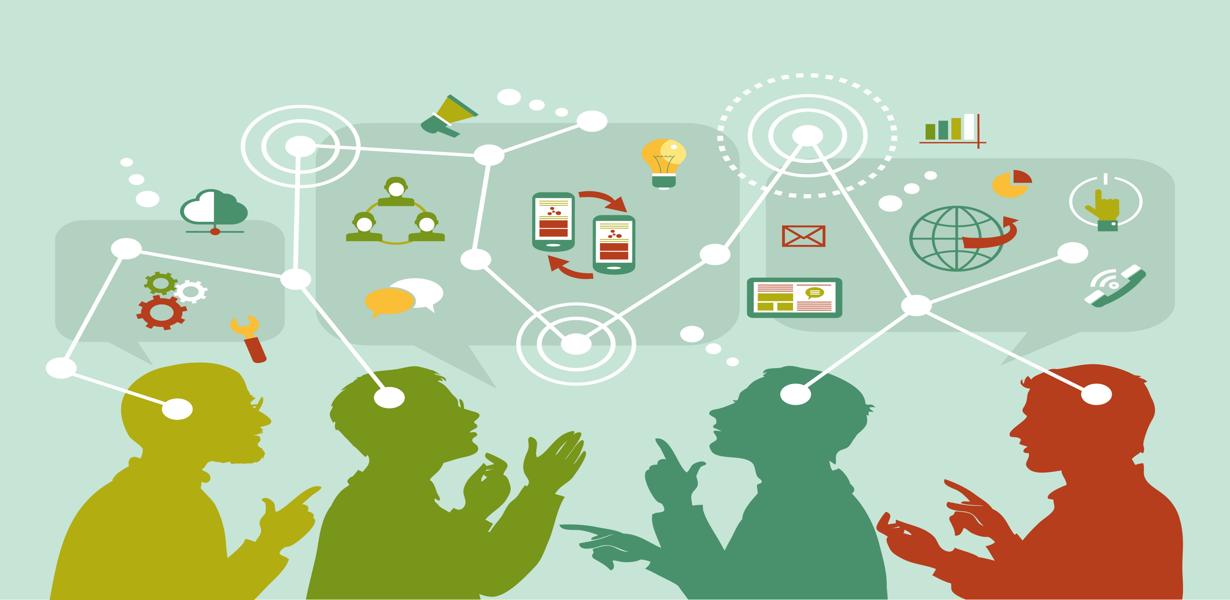
In today’s interconnected world, language and communication play a pivotal role in our daily lives. From building relationships to advancing in our careers, effective language and communication skills are essential for success. This comprehensive guide explores the fascinating realm of language and communication, shedding light on their significance and offering valuable strategies to enhance your skills. Let’s dive into the profound impact language and communication have on our lives and discover actionable tips to unlock their full potential.
Understanding the Importance of Language and Communication:
Language serves as a cornerstone of human civilization, enabling us to express thoughts, emotions, and ideas. Effective communication, on the other hand, ensures that our messages are conveyed accurately and meaningfully. Whether in personal relationships or professional settings, mastering language and communication allows us to connect, influence, and inspire others. By understanding the profound impact of language and communication, we can actively cultivate these skills and harness their power.
The Role of Language Development in Personal Growth:
Language development begins from infancy and continues throughout our lives. It encompasses various aspects, including vocabulary, grammar, syntax, and semantics. By nurturing language skills, we unlock the potential for personal growth. A rich vocabulary enhances our ability to articulate ideas, while grammar and syntax provide structure and clarity to our communication. Embracing language development empowers us to express ourselves with confidence, fostering self-awareness and personal growth.
Strategies for Effective Communication Development:
Effective communication transcends language proficiency alone. It involves active listening, non-verbal cues, and adapting to different contexts. To enhance your communication skills, consider the following strategies:
a) Active Listening: Engage in attentive listening, focusing on the speaker’s words, tone, and body language. Show empathy and seek clarification to ensure accurate understanding.
b) Non-Verbal Communication: Master the art of non-verbal cues, such as facial expressions, gestures, and posture. Pay attention to your own body language and be mindful of the signals you convey.
c) Contextual Adaptability: Tailor your communication style to suit different situations and audiences. Recognize cultural nuances, adjust your tone, and choose appropriate words to convey your message effectively.
Language and Communication in the Professional World:
Language and communication skills are highly sought-after in the professional arena. They enhance your ability to collaborate, negotiate, and lead effectively. In today’s global economy, proficiency in multiple languages can open doors to new opportunities. Employers value individuals who can articulate ideas clearly, build rapport, and engage in persuasive communication. By honing your language and communication skills, you position yourself for career advancement and professional success.
FAQs (Frequently Asked Questions):
Q1: How can I improve my vocabulary?
A1: Enhancing vocabulary can be accomplished through reading diverse literature, engaging in meaningful conversations, and utilizing vocabulary-building resources such as word games or flashcards.
Q2: Are there any specific tips for public speaking?
A2: Practice regularly, structure your speech, and incorporate storytelling techniques to engage your audience. Seek opportunities to speak in front of others, gradually building confidence and refining your delivery.
Q3: How can I overcome communication barriers in a multicultural team?
A3: Foster open-mindedness, embrace cultural diversity, and strive for effective cross-cultural communication. Actively listen, clarify misunderstandings, and be patient in understanding different perspectives.
Q4: Is it essential to learn multiple languages for career growth?
A4: While not mandatory, learning additional languages can broaden your horizons, facilitate international collaborations, and demonstrate your adaptability to employers.
Q5: How can I improve my written communication skills?
A5: Practice writing regularly, seek feedback from peers or mentors, and study grammar and style guides. Aim for clarity, conciseness, and coherence in your written work.
Conclusion:
Language and communication are invaluable tools that shape our personal and professional lives. By embracing language development and refining our communication skills, we unlock the power to connect, persuade, and inspire others. Remember, effective communication extends beyond words alone. It encompasses active listening, non-verbal cues, and contextual adaptability. Invest in your language and communication skills, and witness the transformative impact they have on your journey towards personal and professional growth.
Advertisement







